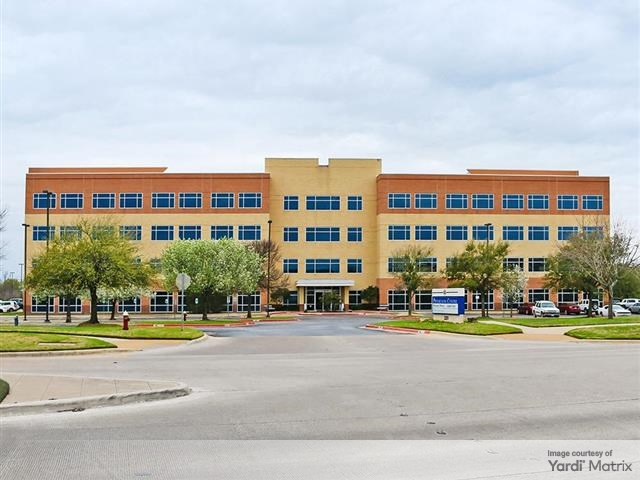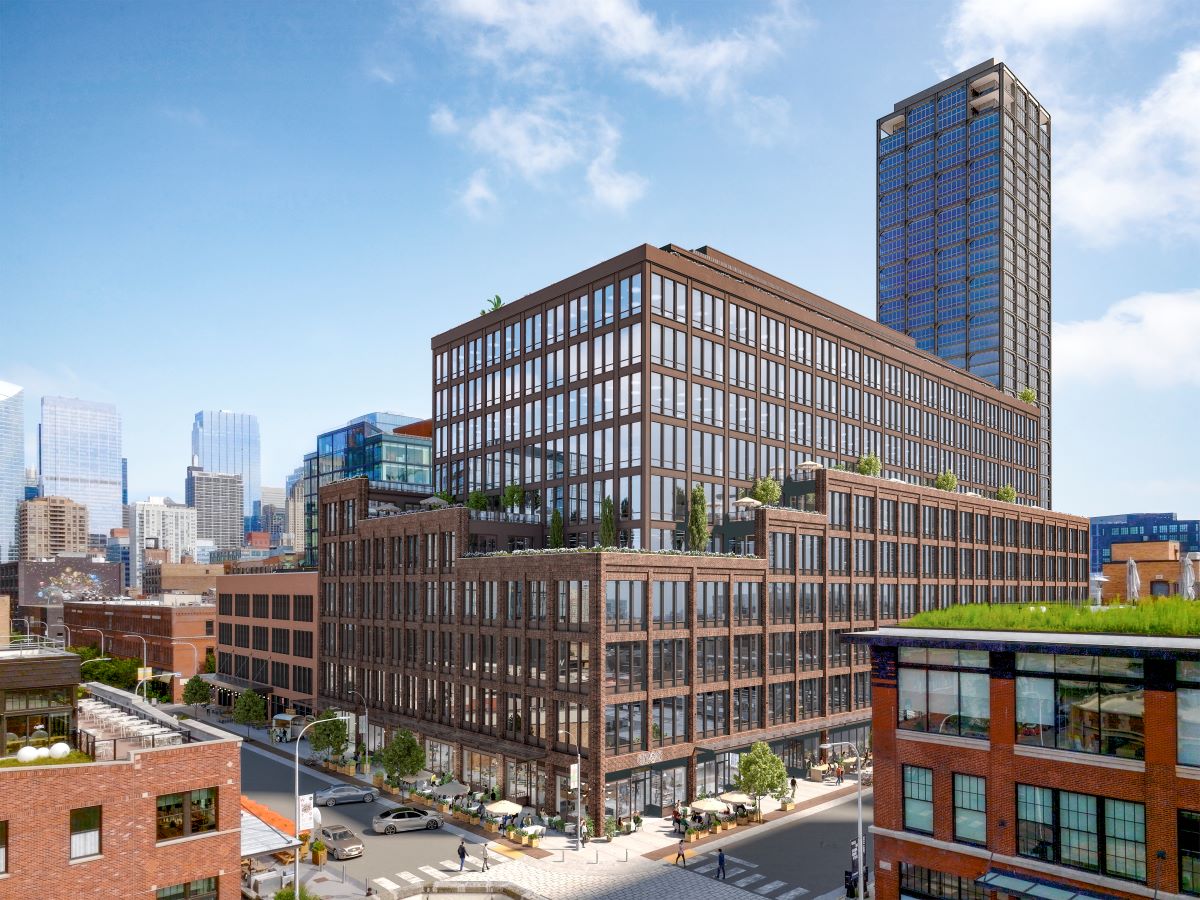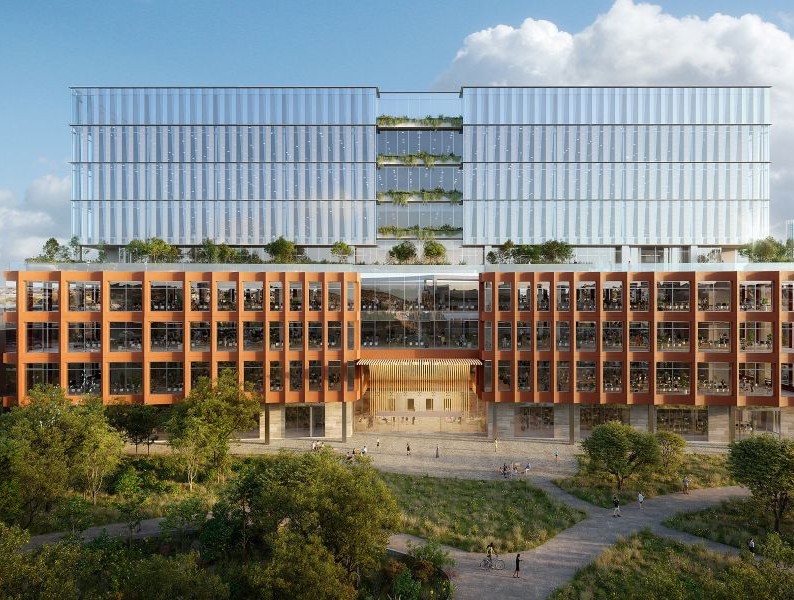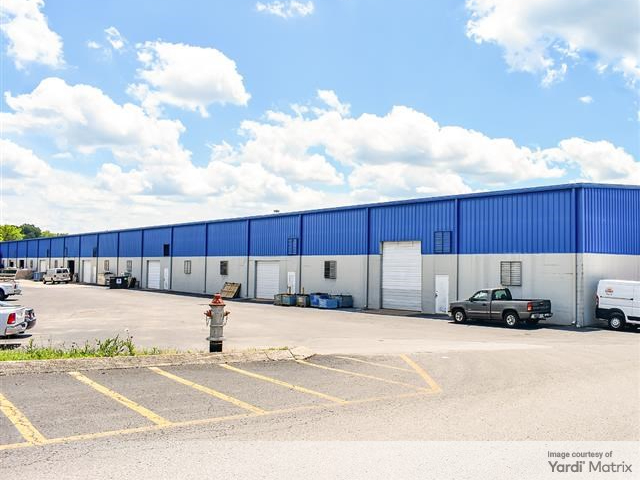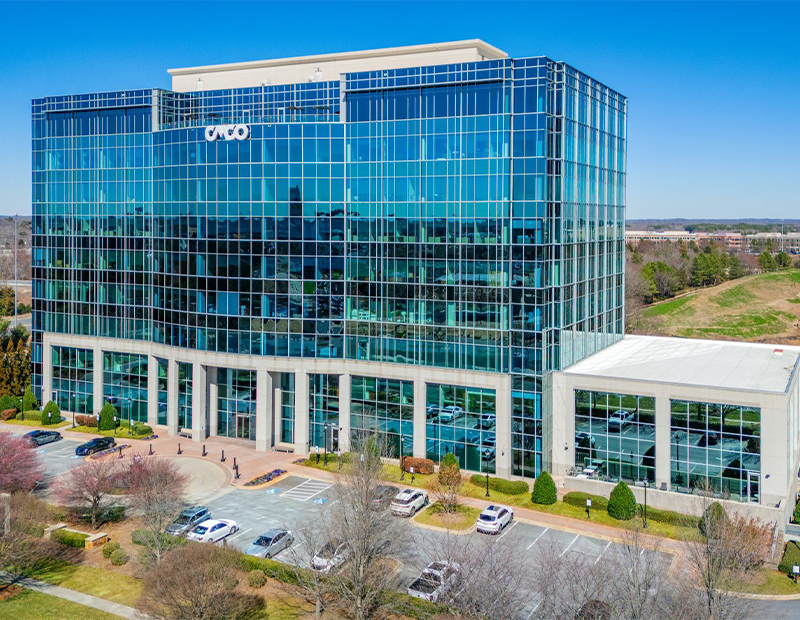A Greener D.C.
By Veronica Grecu, Associate Editor Green building in the nation’s capital isn’t just for big office buildings. In an attempt to consolidate its presence in the Washington, D.C., region, Safeway Inc. will open a 58,000-square-foot store in Tenleytown. The Pleasanton-based company will [...]
By Veronica Grecu, Associate Editor
Green building in the nation’s capital isn’t just for big office buildings.
In an attempt to consolidate its presence in the Washington, D.C., region, Safeway Inc. will open a 58,000-square-foot store in Tenleytown. The Pleasanton-based company will be co-developer in this mixed-use project, which also includes about 150 apartments and 10 to 15 homes. Safeway owns a 35,000-square-foot, one-level store built in 1981 at 4203 Davenport St., N.W., in Tenleytown, and the company has already begun gathering input from the residents about plans to redevelop this building into a mixed-use project.
The current store will be replaced with a larger one to create an inviting cityscape on 42nd Street near the intersection of Ellicott Street and Wisconsin Avenue. The soon-to-be-LEED-certified development will include an outside café seating area along 42nd Street and as many as 177 parking spaces. According to Tim Baker, vice president of eastern division real estate for Safeway, the company has yet to find a partner and seek zoning changes.
In addition to the Tenleytown sustainable expansion, Safeway is celebrating a newly acquired LEED certification for its grocery store in Georgetown, a 71,067-square-foot building that features sunshade screens to reduce solar heat gain, on-site stormwater management, water-efficient landscaping, a white reflective roof that helps reduce the temperature inside the store, exterior signs with LED lighting, pedestrian-friendly urban design, bike storage space and changing rooms for the store’s employees.
Meanwhile, the District’s historic, traditionally African-American neighborhood of LeDroit Park has made it to the local headlines, thanks to its exemplary urban green practices. The Washington Post reported that 12 members of the local congregation teamed and purchased from Volt Energy, a North Carolina clean-energy company with an office in Washington, 44 solar panels that were placed on the roof of the 99-yeard-old Florida Avenue Baptist Church. Volt Energy also prepared a customized green education class for the church’s attendees who want to find sustainable ways to decrease their energy bills.
A report issued in 2010 by the Center for Social Inclusion revealed that in 2008 African-Americans spent an average $1,439 on electric bills, significantly more than Latino and Asian-Americans. Pastor Earl Trent, who initiated the green practices in the neighborhood, hopes that LeDroit Park will become a model for green energy.

